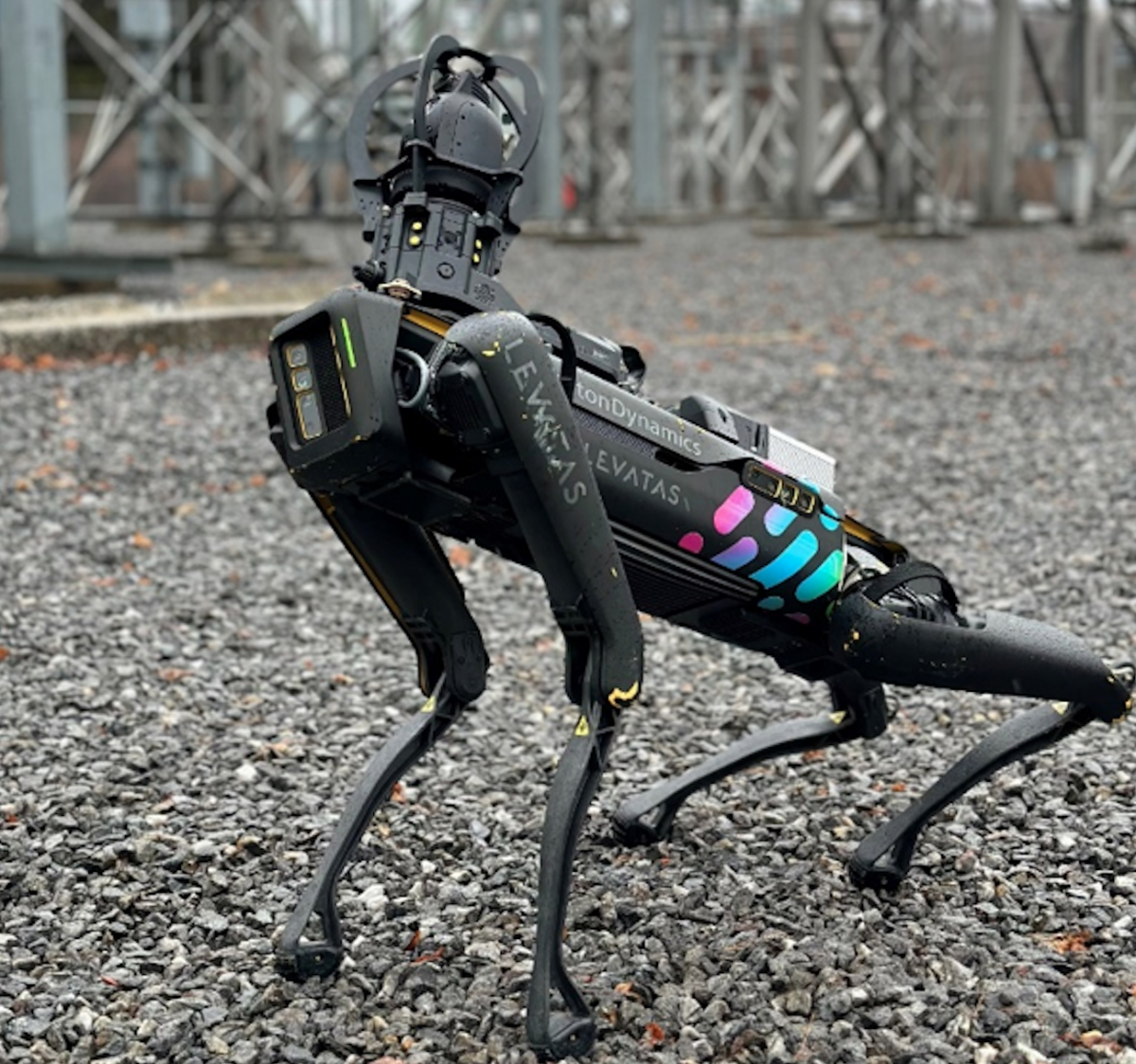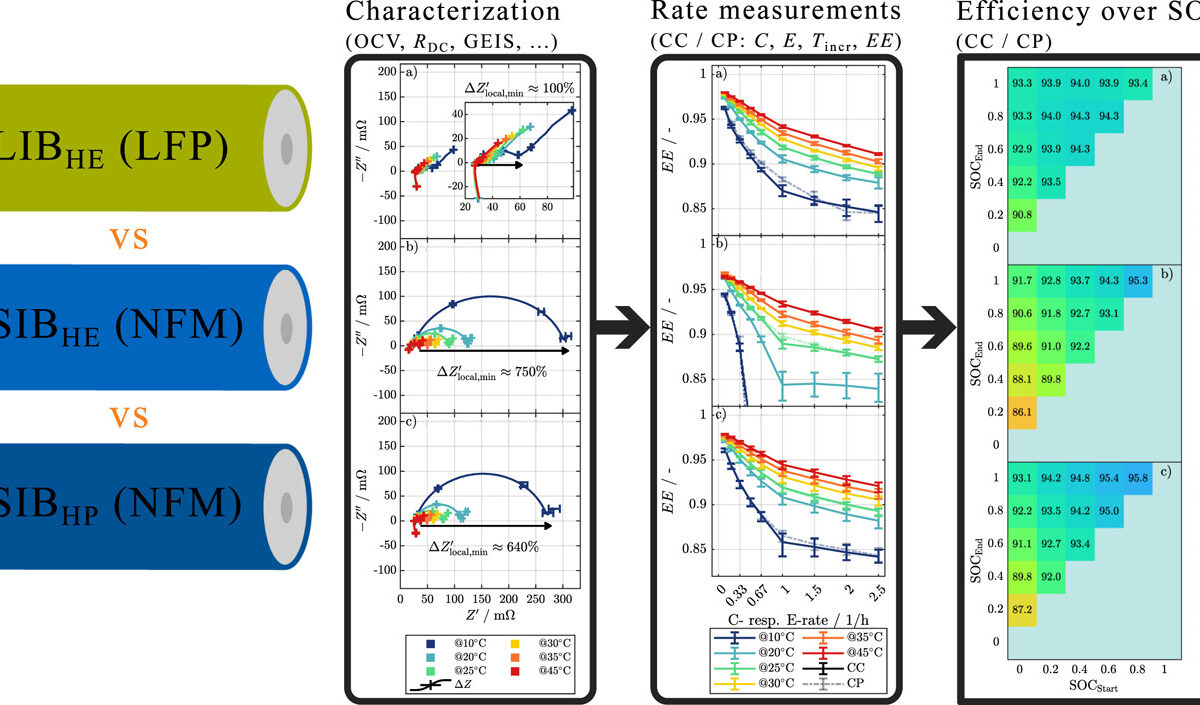From pv magazine Spain
Spanish energy company Iberdrola is using a real dog and a robotic dog to detect faults in one of its ground-mounted PV plants.
The real dog uses its olfactory abilities to detect problems in the electrical network that could lead to power outages. It was trained by technicians from ScottishPower, Iberdrola's subsidiary in the United Kingdom, to find the faults. The company claims it had a 100% success rate in a test conducted in December.
“Not only has it found all the problems that had been prepared, but he has also detected some that he was not expected to find,” Iberdrola said, noting that the dog saves time and eliminates unnecessary work by helping to fix faults as quickly as possible. “The training of the dog is not accidental, since it is part of a pilot project that joins other actions that the company has planned to deal with inclement weather in the country.”
In addition to the services provided by the real dog, Iberdrola is also using a robotic dog at the PV facility. The device has a built-in thermal vision system that generates thermographic reports on the status of the different PV plant components, as it walks between the panel rows following a programmed route. According to the robot developer – US-based Boston Dynamics – the big benefit of the robotic legs is that they are terrain-independent.
Iberdrola says the robotic dog is able to detect and analyze faults in substations.
“The advantages of this small technological assistant are several,” it explained. “On the one hand, it takes high-resolution photos that it compares with images taken previously, which makes it possible to detect changes in the infrastructures that escape the human eye.”
The company added that the robot can collect large amounts of data, which can help it to increase the number of inspections that are carried out every year.
Boston Dynamics sold its first robot dog in 2020 for $74,500. Thus far, it has been used by various industries for a wide range of applications. Initially, the robotic dog was used to inspect the construction of active infrastructure tunnels, according to the US manufacturer.
This content is protected by copyright and may not be reused. If you want to cooperate with us and would like to reuse some of our content, please contact: editors@pv-magazine.com.



Bravo to the innovators. This is a great innovation and will help increase the pv net output